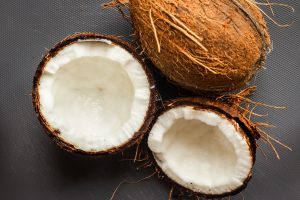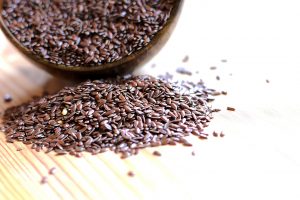Cinnamon bark oil is obtained from the bark of trees that belong to the Cinnamomum species (also called Cinnamon zeylanicum), which comprise more than 250 aromatic evergreen trees and shrubs all throughout Asia and Australia, although it is native to Sri Lanka, Myanmar and India. Cinnamon bark oil is quite rare and expensive.
Uses
Cinnamon bark oil has a delicate aroma and a sweet, pungent taste. It is typically used as a flavoring in toothpaste to hide the disagreeable taste of pyrophosphate, a compound that inhibits plaque calcification. In Ayurvedic medicine, cinnamon bark was used as an antiemetic, antidiarrheal, antiflatulant, and a general stimulant. Today, cinnamon bark oil has been proven to naturally:
- Lower cholesterol
- Kill bacteria
- Heal wounds
- Control blood sugar levels
- Relieve stomach flu caused by harmful bacteria like salmonella
Because of its honeyed taste and smell, cinnamon bark oil is frequently added in meat and fast food seasonings, sauces and pickles, baked goods, confectionery, cola-type beverages, and tobacco. However, cinnamon bark oil is seldom used as the main ingredient in perfumes and soaps because it has skin-sensitizing properties.
Benefits of Cinnamon Bark Oil
Most therapeutic uses of cinnamon bark are rooted in its historical use as a traditional Chinese medicine. According to several studies, cinnamon bark oil can potentially help:
- Fight serious viral diseases like herpes and human immunodeficiency virus (HIV)
- Kill leukemia cancer cells as observed in animal testing due to the fungus Antrodia cinnamonea
- Reverse the symptoms of Parkinson’s disease
- Treat fungal infections.
- Counter cognitive decline in Alzheimer’s disease.




